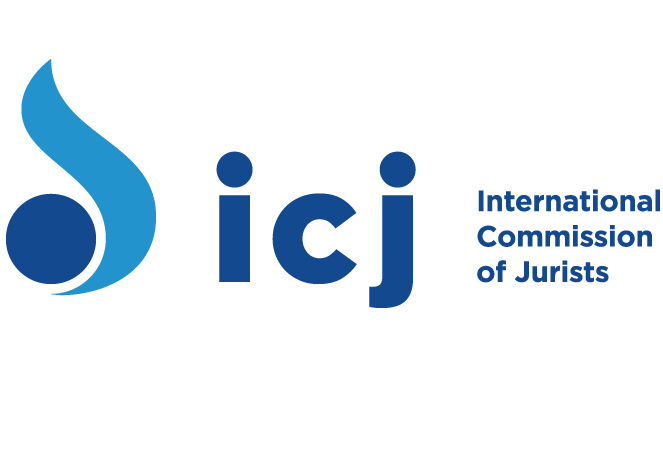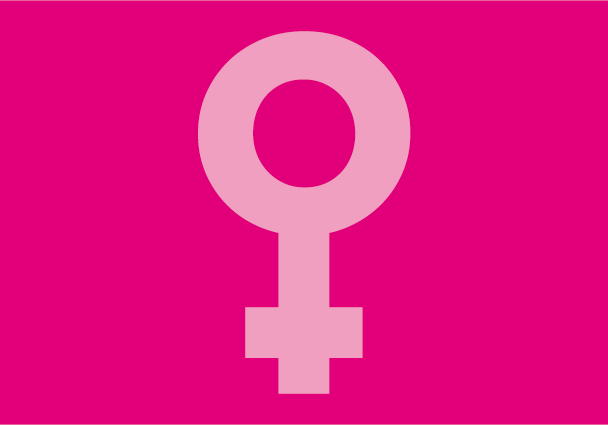
Jun 29, 2012 | Advocacy, Non-legal submissions
 During the Human Rights Council’s 20th regular session in Geneva, the ICJ delivered an oral statement concerning the engagement of countries with visits by the Special Procedures of the Human Rights Council.
During the Human Rights Council’s 20th regular session in Geneva, the ICJ delivered an oral statement concerning the engagement of countries with visits by the Special Procedures of the Human Rights Council.

Jun 28, 2012 | Advocacy, Non-legal submissions
 During the 20th regular session of the Human Rights Council, the UN Working Group on human rights and transnational corporations presented its first report to the Council. The ICJ commented.
During the 20th regular session of the Human Rights Council, the UN Working Group on human rights and transnational corporations presented its first report to the Council. The ICJ commented.

Jun 26, 2012 | Advocacy, Non-legal submissions
During the 20th session of the UN Human Rights Council, the ICJ delivered an oral statement on remedies and reparations for women who have been subjected to violence.
ICJ-HRC20-VAW Panel-Oral statement-non-legal submission 2012 (Download in English)

Jun 25, 2012 | Advocacy, Non-legal submissions
 The ICJ drew attention on various issues related migrants and asylum seekers.
The ICJ drew attention on various issues related migrants and asylum seekers.

Jun 21, 2012 | Advocacy, Non-legal submissions
 The ICJ statement draws attention to recent laws that threaten the right to freedom of expression of LGBT persons, noting examples that fail the tests of certainty, necessity and non-discrimination.
The ICJ statement draws attention to recent laws that threaten the right to freedom of expression of LGBT persons, noting examples that fail the tests of certainty, necessity and non-discrimination.

Jun 14, 2012 | Advocacy, Non-legal submissions
 The ICJ, together with 21 other nongovernmental organisations, today participated in the 19th Annual Meeting of the Human Rights Council Special Procedures.
The ICJ, together with 21 other nongovernmental organisations, today participated in the 19th Annual Meeting of the Human Rights Council Special Procedures.
Following up on a joint NGO statement from the 18th Annual Meeting of the Special Procedures in 2011, the group of NGOs welcomed recent positive developments and raised certain issues for particular attention and discussion regarding the work and functioning of the Special Procedures.
HRC-SpecialProcedures-NGOJointLetter-non-legal submission (2012) (download joint letter in PDF)
ICJ-SP-AM19-OralStatement-non-legal submission (2012) (download ICJ oral statement in PDF)

 During the Human Rights Council’s 20th regular session in Geneva, the ICJ delivered an oral statement concerning the engagement of countries with visits by the Special Procedures of the Human Rights Council.
During the Human Rights Council’s 20th regular session in Geneva, the ICJ delivered an oral statement concerning the engagement of countries with visits by the Special Procedures of the Human Rights Council.











